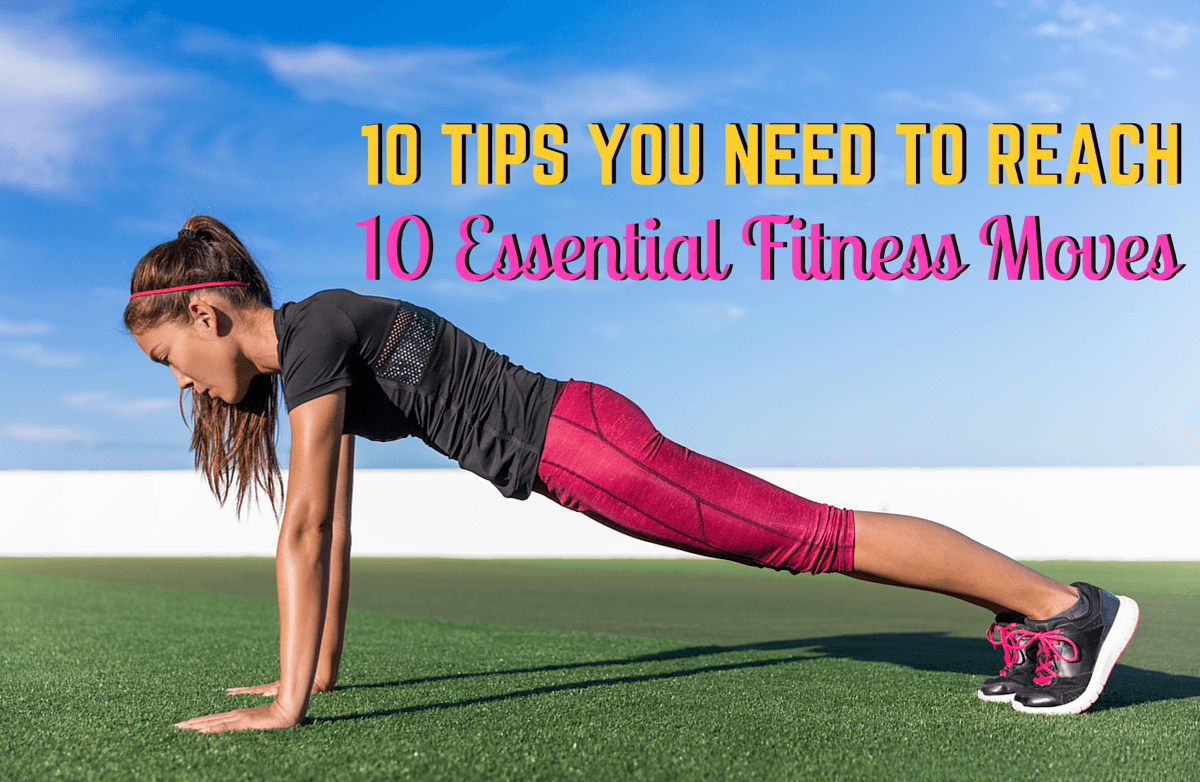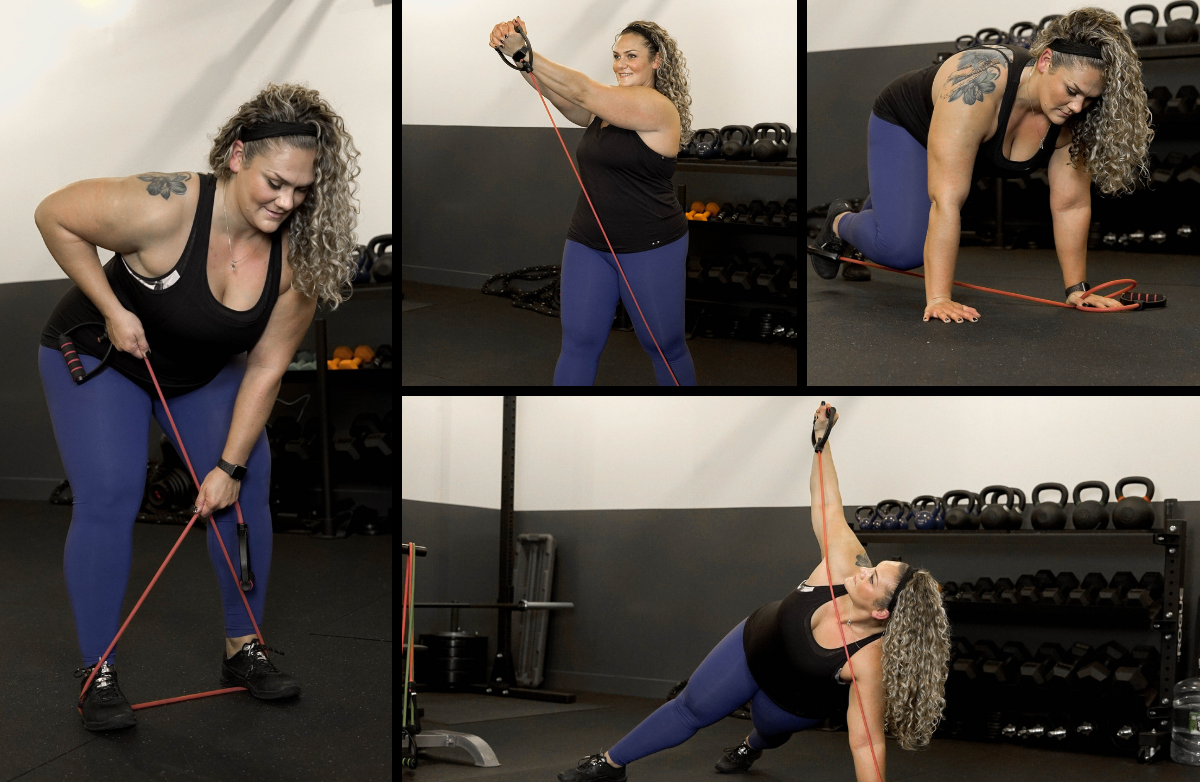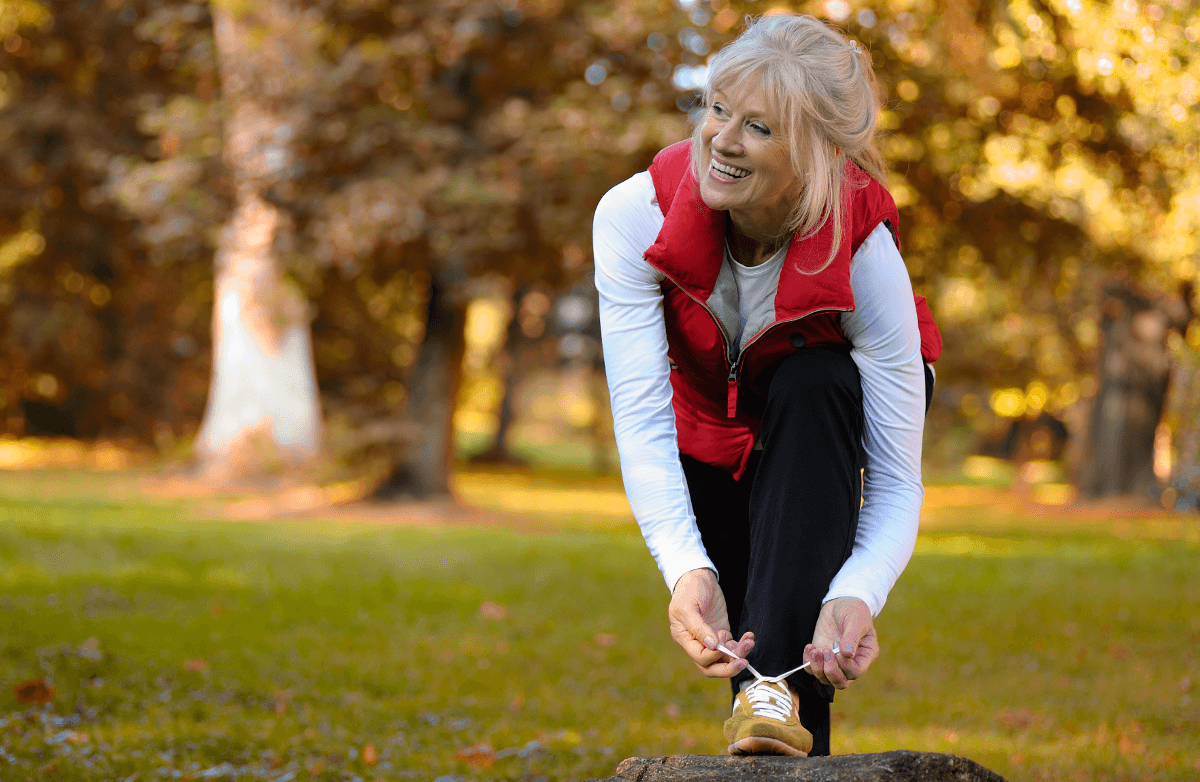|
Chances are you've used plenty of different oils—to add flavor to your food, to moisturize your hair and skin, and maybe even to infuse your home with delicious aromas. But there's one oil you may not be familiar with: cannabidiol oil, more commonly known as CBD oil. Although it's not entirely mainstream (yet), this substance is firing up controversy in some health and fitness circles. While some fitness professionals are skeptical of its risks and legality, many people claim that CBD oil helps to enhance not only their workouts, but their overall wellness. What Is CBD Oil?CBD oil comes from the compound cannabinoids, which is found in the cannabis sativa plant. Yes, that's the same plant that produces marijuana—but that doesn't mean CBD oil will alter your state of mind in any way. The "high" that marijuana causes comes not from CBD, but from the active ingredient delta-9 tetrahydrocannabinol (THC). CBD is the same, non-psychoactive part of the plant that can be used to produce hemp. Taking CBD Before and After WorkoutsGiven CBD's inherent anti-inflammatory and pain-relieving properties, it's not surprising that it's become popular as a fitness enhancer. Janice Newell Bissex, MS, RDN, a holistic cannabis practitioner and culinary nutritionist with Jannabis Wellness, confirms that CBD offers a range of benefits for fitness enthusiasts. Most people prefer to use CBD after a workout to aid in recovery and to ease soreness. Because it's a vasodilator, it opens up the blood vessels and increases blood flow to the muscles, which promotes strength and recovery, Bissex notes. It's also been touted as an antispasmodic, which means it helps to reduce the muscle spasms that can occur after a strenuous exercise session. Using CBD after working out can help to alleviate muscle pain and soreness, aid in relaxation and decrease inflammation. Others take CBD before exercise to help them stay focused and energized. The compound also helps to reduce the level of cortisol in the body. Also known as the "stress hormone," cortisol breaks down muscle tissue and prevents muscle growth—obviously not the goal of any workout. Studies have shown that CBD can prevent the cortisol from building up, making it easier to achieve a strong, lean physique. Originally, the World Doping Agency—which regulates the use of substances in sports—had banned the use of CBD by professional athletes, but in 2017 that ban was removed. Other Potential Health BenefitsIn lieu of taking prescription drugs or over-the-counter medications, many chronic pain sufferers have turned to CBD for relief. Some studies have found it to be a more natural way to alleviate pain, stiffness and inflammation without side effects. CBD has been shown to help suppress the growth of cancer cells and prevent them from spreading. Some studies have also suggested that the compound may alleviate symptoms in people suffering from anxiety. Plus, it could serve as a natural treatment for diabetics by reducing inflammation in the pancreas, which is a direct cause of Type 1 diabetes. What's more, preliminary research has suggested that CBD could slow down loss of facial recognition during the early stages of Alzheimer's disease, and it has also been shown to prevent seizures in those suffering from epilepsy and other neuropsychiatric disorders. How to Take CBD There are several different ways to ingest CBD. The tincture form is the liquid oil, which can be added to food or drink. Bissex says it can also be placed under the tongue for one to two minutes for direct absorption into the bloodstream. CBD oil provides quick relief, typically within 10 to 15 minutes. |
Popular EntriesRelated Entries
More From SparkPeople
|





















.png)

